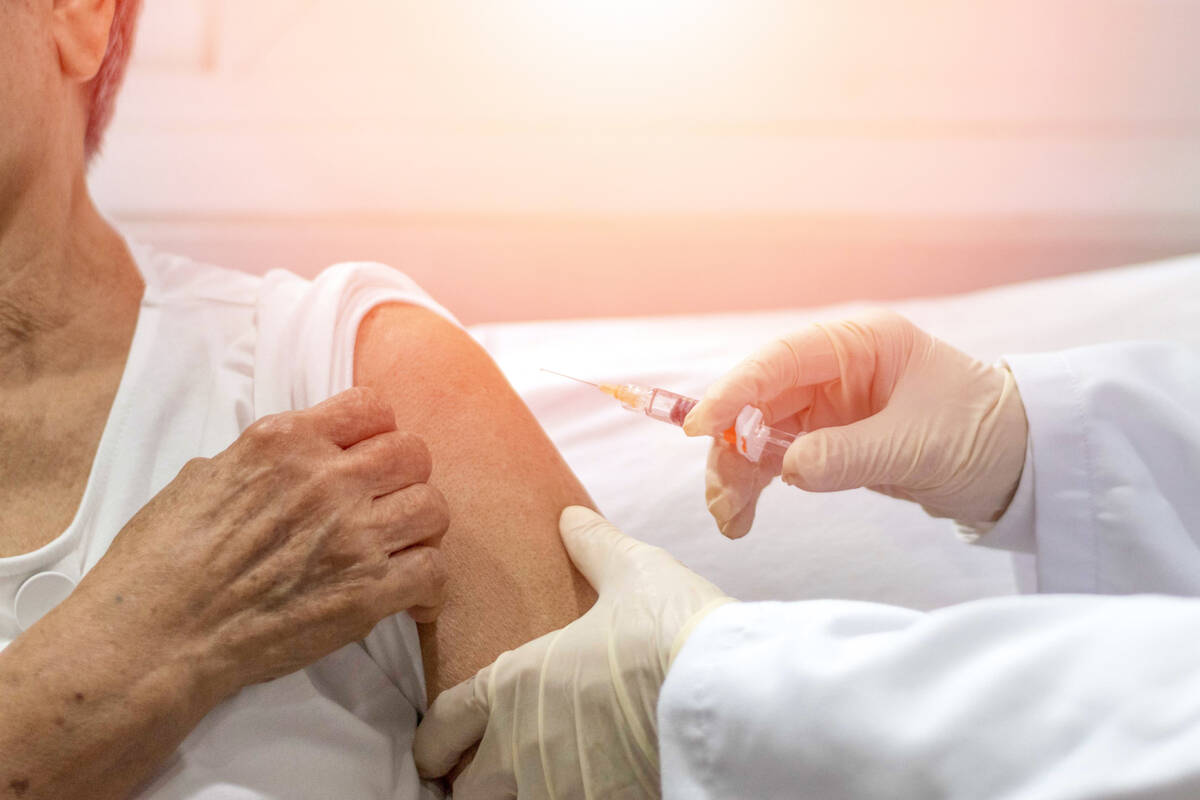On Medicare: Why Part D is key to no-cost vaccines
Dear Toni: For a shingles vaccination, I was told that I need to be enrolled in a Part D prescription drug plan for a $0 copay or else pay $200. I thought all vaccinations and immunizations are covered at no cost under Medicare Part B.
Can you explain this Medicare rule? — Carl from Lubbock, Texas
Dear Carl: As of 2023, the Inflation Reduction Act eliminated all out-of-pocket costs under Medicare drug coverage for vaccines recommended for adults by the Centers for Disease Control and Prevention. This important change went into effect whether you have coverage from a stand-alone Medicare Part D prescription drug plan or from a Medicare Advantage plan with Part D coverage. The shingles vaccine is included at no cost.
Carl, I hope you are enrolled in a Part D plan, or you will have to pay more than $200 per dose for this vaccine, known as Shingrix.
It is very important for those leaving employer group health insurance after 65 or enrolling in Medicare for the first time (when turning 65 or before 65 if eligible) to be sure to enroll in a Part D stand-alone prescription drug plan, with or without a Medicare supplement, or a Medicare Advantage plan with Part D.
Those with a Part D plan can receive their shingles vaccine at the pharmacy or doctor’s office. If you have trouble affording the Medicare Part D prescription drug premium, you may qualify for the Medicare’s Extra Help program that assists people with limited income and assets to pay premiums and out-of-pocket costs for Part D drug coverage.
The 2024 “Medicare &You” handbook explains how flu, hepatitis, pneumonia and COVID-19 vaccines are covered under Medicare Part B. You may pay nothing for the shot as long as your doctor or other health care provider accepts Medicare assignment. Always verify that with your doctor.
The handbook says that, for shots not covered under Medicare Part B, Part D “generally covers all other recommended adult immunizations to prevent illness (like shingles, tetanus, diphtheria, pertussis, and respiratory syncytial virus (RSV)) at no cost to you.” If your shot is not on the Medicare list, the handbook advises that you ask for a coverage exception and talk with your doctor about which immunizations are right for you.
Part B will cover other immunizations, but only if you are exposed to a disease or condition, such as a tetanus shot if injured by a rusty nail or rabies if bitten by a dog or strange animal.
It amazes me how Medicare can complicate a simple medical issue such as getting a vaccine.
Toni King is an author and columnist on Medicare and health insurance issues. If you have a Medicare question, email info@tonisays.com or call 832-519-8664.





















